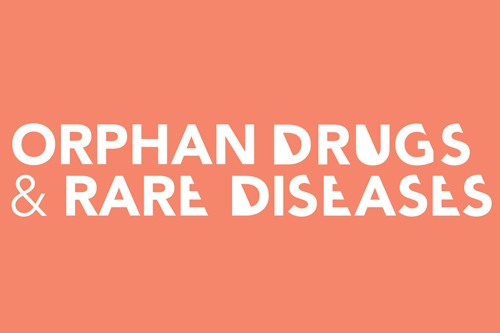
In the last 20 years, the biopharmaceutical industry experienced an increase in the development of so-called orphan drugs for the treatment of rare diseases. In Europe, a disease is considered to be rare when it affects one person per 2,000.
Historically, patients suffering from rare diseases had little hope of receiving appropriate treatment due to financial considerations of developers of such treatments. Designed to provide financial incentives to pharmaceutical companies, the application of the Orphan Drug Act in the US and similar statutes in other countries (such as Japan in 1993, Australia in 1997 and the European Union in 1999) set up a new deal and brought hope to these patients.
Given the specific challenges and risks of developing orphan drugs as compared to common drugs (eg little or no knowledge about the disease, difficulty to diagnose the disease and identify the affected population, narrow market), development of treatment for rare diseases is however not purely an economic activity. Paradoxically, these ‘responsible’ activities remain too little exploited – from a communication point of view – by pharmaceutical companies, including the most heavily implicated in the domain.
In a recent study conducted with a group of researchers for The Virginia Polytechnic Institute on how firms communicate about their involvement in orphan drug development through their websites, blogs and other online channels, we found that only a few explicitly recognise their involvement in orphan drug development as part of their corporate social responsibility (CSR):
- 52 per cent of companies in our sample mention orphan drugs they market and orphan drug designations granted to them in the description of their pipeline of products
- 30 per cent of companies mention orphan drugs in their vision and mission statements
- 23 per cent of companies in our sample are explicit about their involvement in orphan drug development as a part of their CSR.
Nevertheless, when questioned about this point, all of the company representatives we spoke with agreed that there were CSR implications of their work, even if their websites did not make this point. Even though managers of biopharmaceutical companies plainly view their company’s involvement with orphan drugs as an element of CSR, the majority of these firms do not highlight this involvement as a CSR activity on their corporate websites.
Few pharma firms explicitly recognise their involvement in orphan drug development as part of their CSR
It seems that there are potential strategic CSR benefits – particularly in terms of public relations and goodwill – that these companies are not fully exploiting in their communication patterns. This may be due to lack of experience and knowledge about the potential benefits of using CSR ‘strategically’.
Beyond economic interest, it is therefore critical to remind companies that there is also a ‘marketing advantage’ to invest in such ethical areas. Indeed, if firms can reap more strategic social responsibility benefits from developing orphan drugs, these activities may grow, creating gains for patients, the firms and society as a whole.





